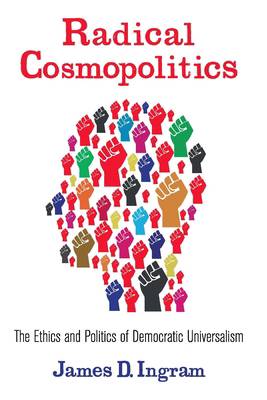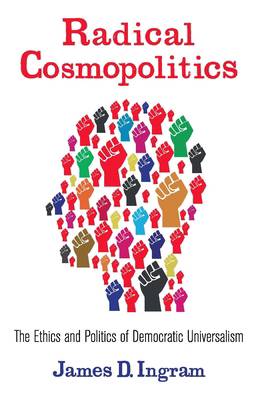
- Retrait gratuit dans votre magasin Club
- 7.000.000 titres dans notre catalogue
- Payer en toute sécurité
- Toujours un magasin près de chez vous
- Retrait gratuit dans votre magasin Club
- 7.000.0000 titres dans notre catalogue
- Payer en toute sécurité
- Toujours un magasin près de chez vous
77,95 €
+ 155 points
Description
While supporting the cosmopolitan pursuit of a world that respects all rights and interests, James D. Ingram believes political theorists have, in their approach to this project, compromised its egalitarian and emancipatory principles. Focusing on recent debates without losing sight of cosmopolitanism's ancient and Enlightenment roots, Ingram confronts the philosophical difficulties of defending universal ideals and the implications for ethics and political theory.
In morality as in politics, theorists have generally focused first on discovering universal values and second on their implementation. Ingram argues that only by prioritizing the development and articulation of universal values through political action in the fight for freedom and equality can theorists do justice to these efforts and cosmopolitanism's universal vocation. Only by proceeding from the local to the global, from the bottom up rather than from the top down, on the basis of political practice rather than moral ideals, can we salvage moral and political universalism. In this book, Ingram provides the clearest, most systematic account yet of this schematic reversal and its radical possibilities.Spécifications
Parties prenantes
- Auteur(s) :
- Editeur:
Contenu
- Nombre de pages :
- 352
- Langue:
- Anglais
- Collection :
- Tome:
- n° 28
Caractéristiques
- EAN:
- 9780231161107
- Date de parution :
- 15-10-13
- Format:
- Livre relié
- Format numérique:
- Genaaid
- Dimensions :
- 155 mm x 231 mm
- Poids :
- 616 g

Les avis
Nous publions uniquement les avis qui respectent les conditions requises. Consultez nos conditions pour les avis.






